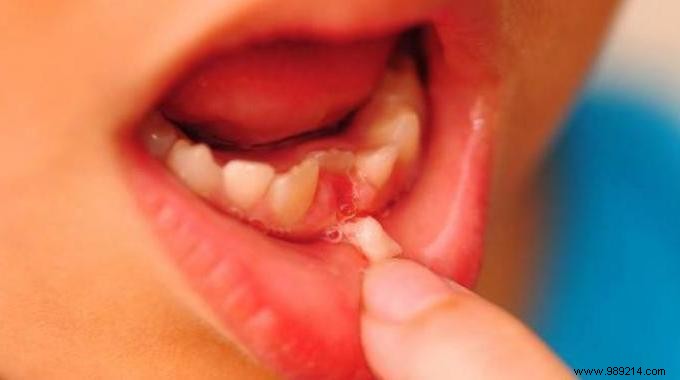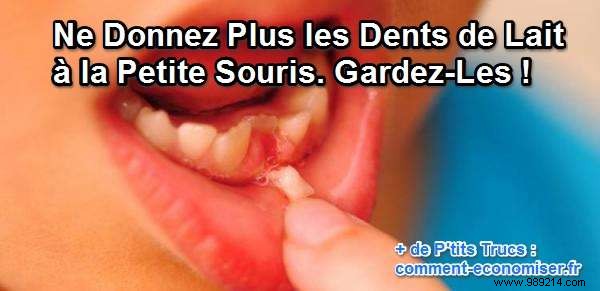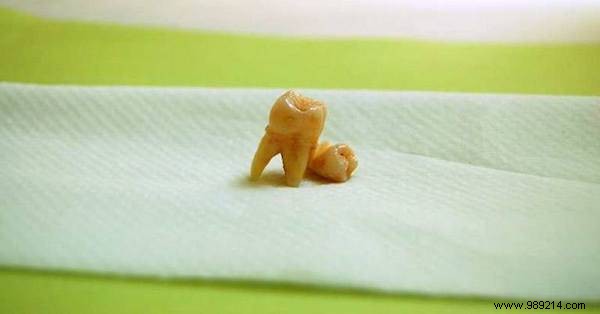
Losing a tooth as a child is a very funny thing.
You can show your friends that your tooth is moving.
And when it falls, it is replaced by a few coins under the pillow.
But as parents, it might be time to consider treasuring those baby teeth.
Too bad for the little mouse! Why ? Explanations:

According to a recent scientific study, conducted by Dr. Songtao Shi, of the National Institute of Dental and Craniofacial Research, keeping the baby teeth of one's children could be a decisive advantage for the health of our children.
Indeed, they could be of great help to them in the future. Why ? Because the pulp of milk teeth contains stem cells.
And stem cells can help rebuild neurons, bones, cartilage...
They can even help regenerate heart cells which can themselves repair damaged heart tissue.
In short, these stem cells can help cure a myriad of diseases that your children may be exposed to during their lifetime.

Today, diseases like Hodgkin's disease, leukemia and multiple myeloma can be treated with painful bone marrow transplants.
But recent scientific developments make it possible to consider treating these diseases using the child's own stem cells, such as those found in baby teeth.
For the moment, the research has not yet led to concrete results . But the hopes they raise with parents are enormous.
For example, in the United States, many parents collected stem cells extracted from umbilical cord blood when their child was born.
Indeed, blood can be stored, for the hefty sum of €1,900, in many laboratories.
However, it is impossible to collect this blood after the birth of the child. The sample must take place at the very moment of the birth of the baby.
Thus parents who did not take this sample when their baby was born can no longer use this option.
American companies like Provia offer an alternative, thanks to the storage of baby teeth. Provia charges its service - called "Store-A-Tooth" - for a more reasonable sum of around €700.
The thing to know? Teeth should be frozen and then stored within 48 hours of falling out. Otherwise the cells contained in the dental pulp die.
On the other hand, in France, this practice is not yet authorized . Switzerland, on the other hand, allows this approach, as does Great Britain.
The next time your child loses a baby tooth, you won't look at them the same way. It could literally save your child's life in 10 or 20 years.
Admittedly, today it is still impossible to treat serious or less serious illnesses from stem cells extracted from their baby teeth.
But research is advancing quickly and continues to progress. It is very likely that within a few years these stem cells could be used to cure children who have grown up.